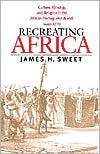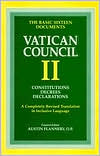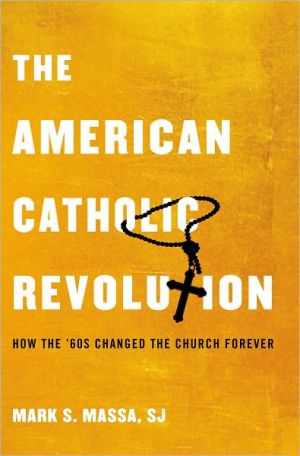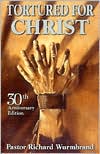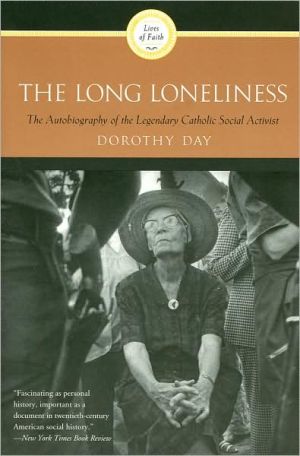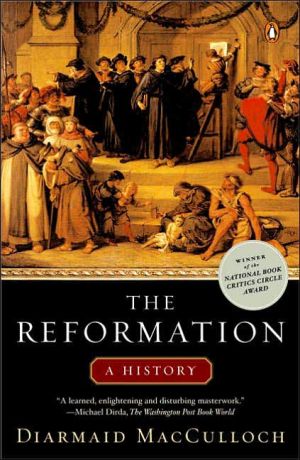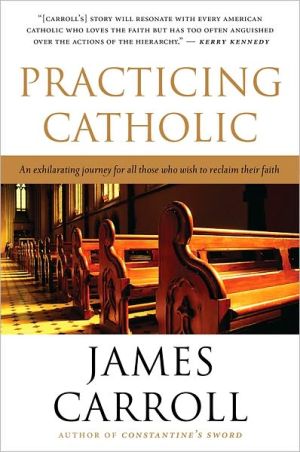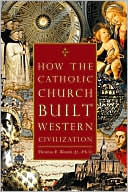Recreating Africa : Culture, Kinship, and Religion in the African-Portuguese World,
Exploring the cultural lives of African slaves in the early colonial Portuguese world, with an emphasis on the more than 1 million Central Africans who survived the journey to Brazil, James Sweet lifts a curtain on their lives as Africans rather than as incipient Brazilians. Focusing first on the cultures of Central Africa from which the slaves came—Ndembu, Imbangala, Kongo, and others—Sweet identifies specific cultural rites and beliefs that survived their transplantation to the...
Search in google:
Exploring the cultural lives of African slaves in the early colonial Portuguese world, with an emphasis on the more than 1 million Central Africans who survived the journey to Brazil, James Sweet lifts a curtain on their lives as Africans rather than as incipient Brazilians. Focusing first on the cultures of Central Africa from which the slaves came--Ndembu, Imbangala, Kongo, and others--Sweet identifies specific cultural rites and beliefs that survived their transplantation to the African-Portuguese diaspora, arguing that they did not give way to immediate creolization in the New World but remained distinctly African for some time. Slaves transferred many cultural practices from their homelands to Brazil, including kinship structures, divination rituals, judicial ordeals, ritual burials, dietary restrictions, and secret societies. Sweet demonstrates that the structures of many of these practices remained constant during this early period, although the meanings of the rituals were often transformed as slaves coped with their new environment and status. Religious rituals in particular became potent forms of protest against the institution of slavery and its hardships. In addition, Sweet examines how certain African beliefs and customs challenged and ultimately influenced Brazilian Catholicism. Sweet's analysis sheds new light on African culture in Brazil's slave society while also enriching our understanding of the complex process of creolization and cultural survival.
\ \ \ Acknowledgments\ \ \ \ \ Introduction\ 1\ \ \ Pt. 1\ Living and Dying in the African-Portuguese Diaspora\ \ \ \ 1\ Demography, Distribution, and Diasporic Steams\ 13\ \ \ 2\ Kinship, Family, and Household Formation\ 31\ \ \ 3\ Disease, Mortality, and Master Power\ 59\ \ \ Pt. 2\ African Religious Responses\ \ \ \ 4\ Catholic vs. "Other" in the World of Believers\ 87\ \ \ 5\ Theory and Praxis in the Study of African Religions\ 103\ \ \ 6\ African Divination in the Diaspora\ 119\ \ \ 7\ Calundus, Curing, and Medicine in the Colonial World\ 139\ \ \ 8\ Witchcraft, Ritual, and Resistance in the African-Portuguese Diaspora\ 161\ \ \ Pt. 3\ Africans and the Catholic Church\ \ \ \ 9\ African Catholicism in the Portuguese World\ 191\ \ \ 10\ The Impacts of African Religious Beliefs on Brazilian Catholicism\ 217\ \ \ \ Conclusion\ 227\ \ \ \ Notes\ 231\ \ \ \ Bibliography\ 265\ \ \ \ Index\ 287\ \
\ From the Publisher"A fascinating collection of evidence."\ — The Americas\ "A fascinating book . . . of considerable importance. It not only contributes to a continuing debate about the nature of slavery, but is a powerful example of Atlantic history as it shows that the societies on both sides of the South Atlantic lived in a kind of spiritual intimacy that was not severed by the infamous middle passage."\ — History\ This book will be a landmark in bringing Africa into the mix in Brazilian history. (John Thornton, author of Africa and Africans in the Making of the Atlantic World, 1400-1800)\ Sweet has mined an incredibly rich source of information in the Inquisition archives and produced an engaging study of the inner lives of Africans suffering under slavery in Brazil. His book will be a landmark in bringing Africa into the mix in Brazilian history.(John Thornton, Millersville University, author of Africa and Africans in the Making of the Atlantic World, 1400-1800.)\ \ \
